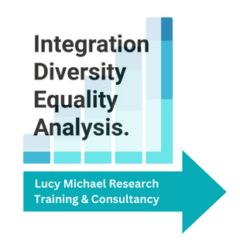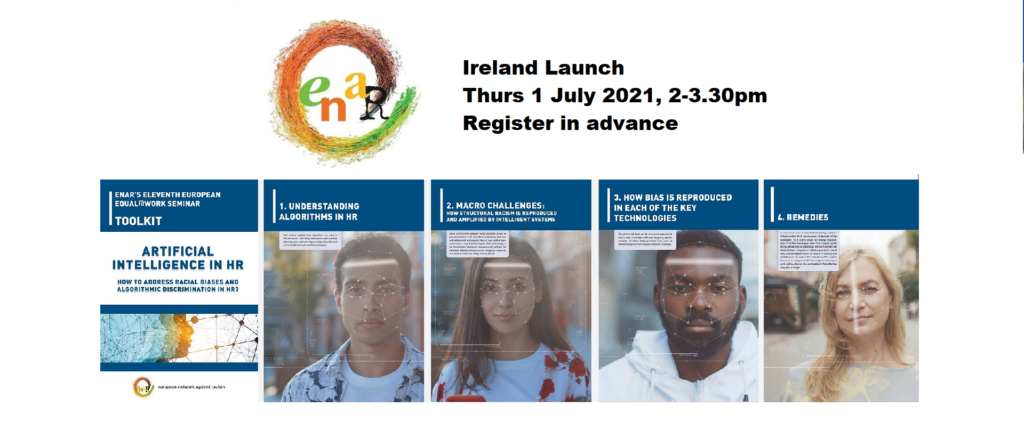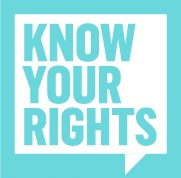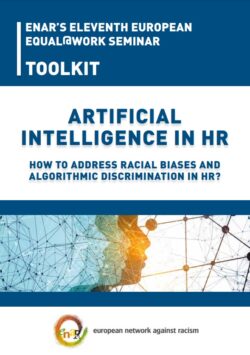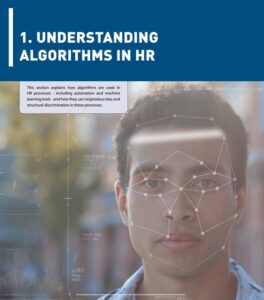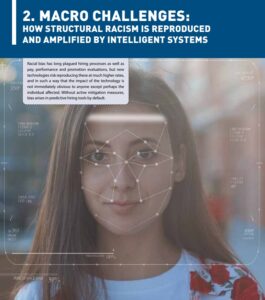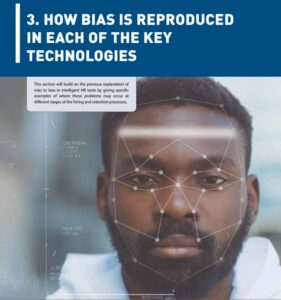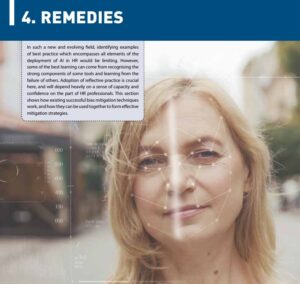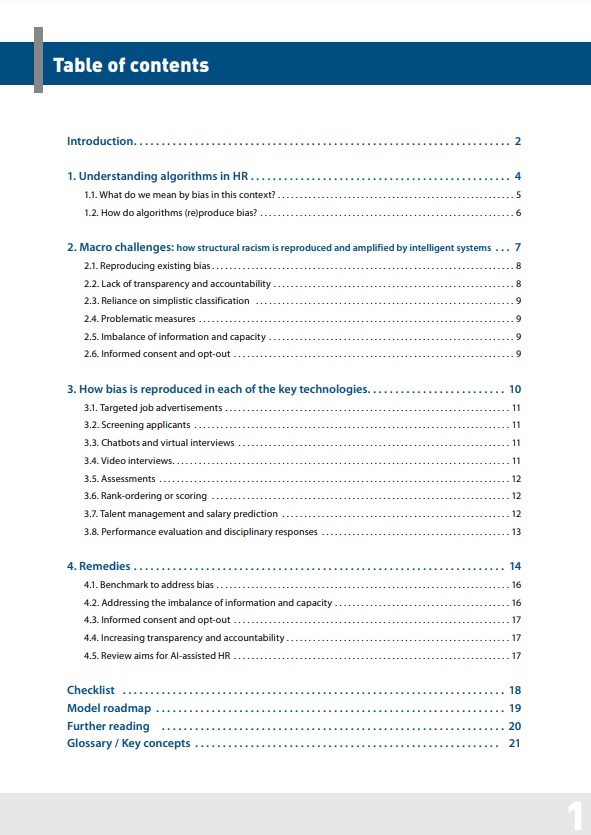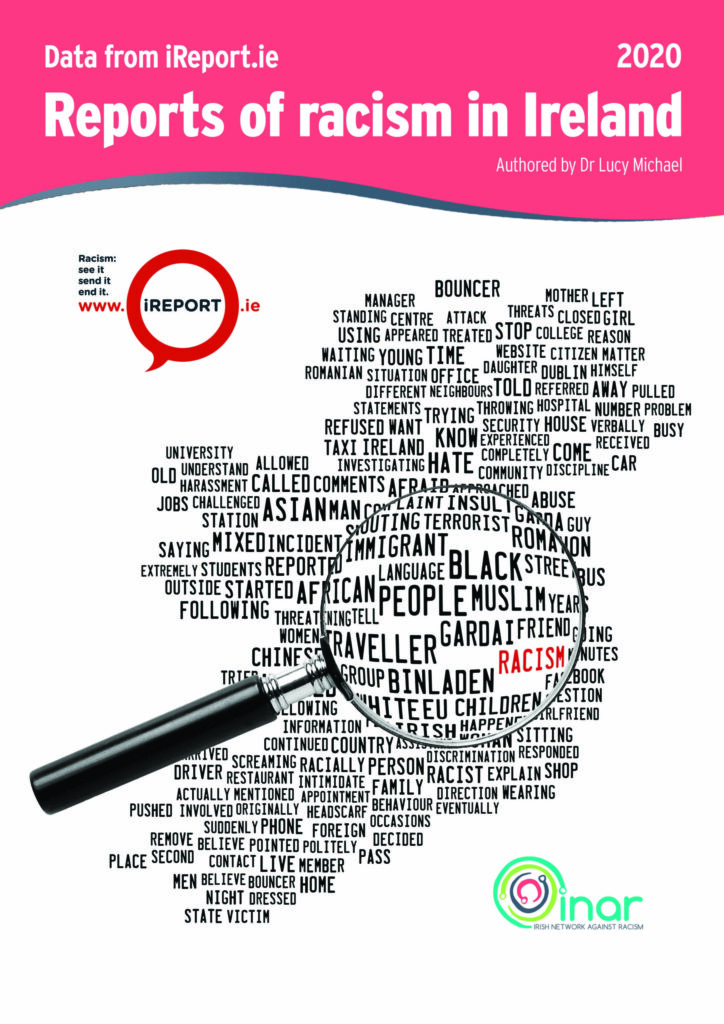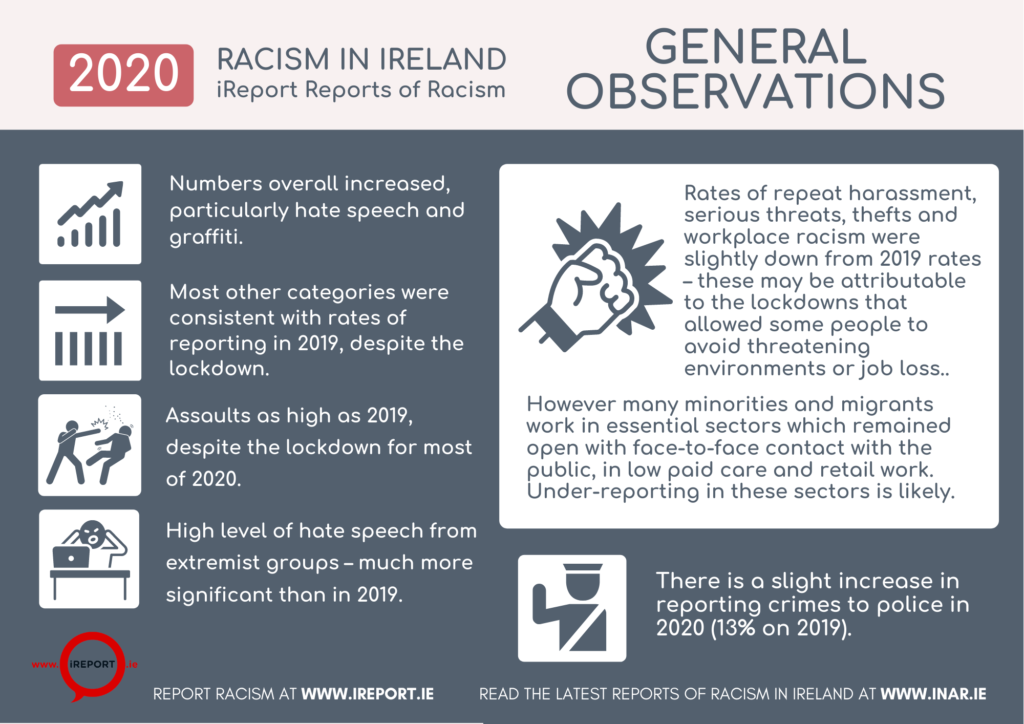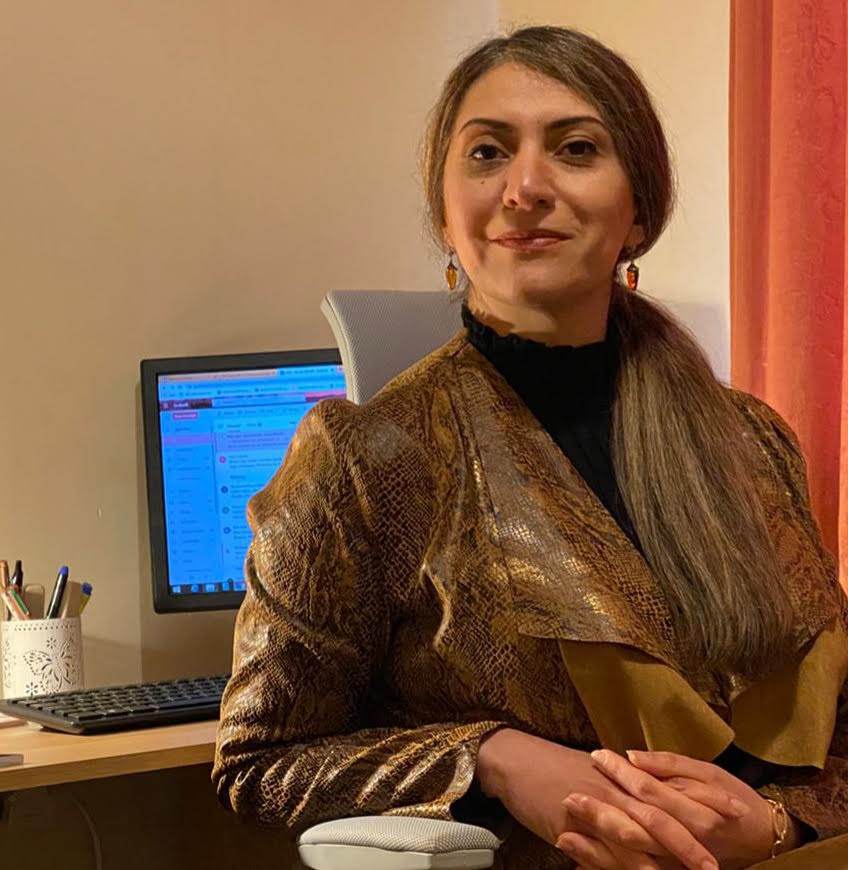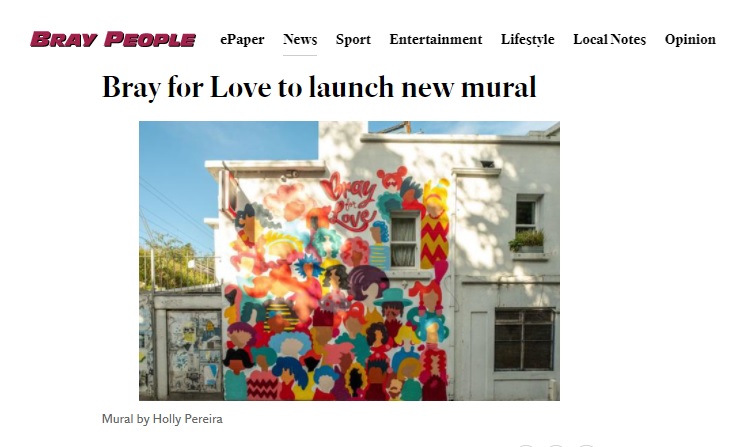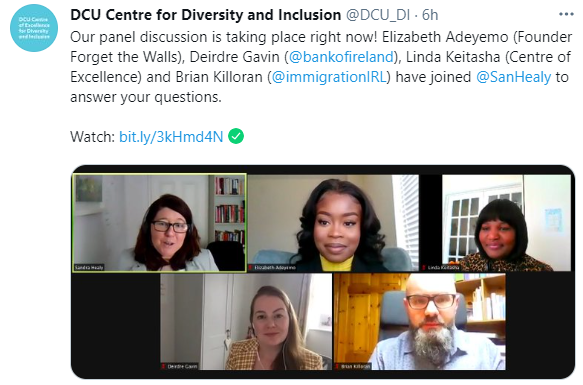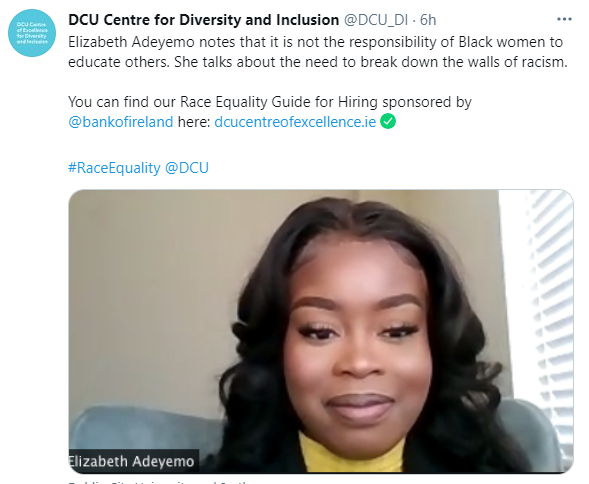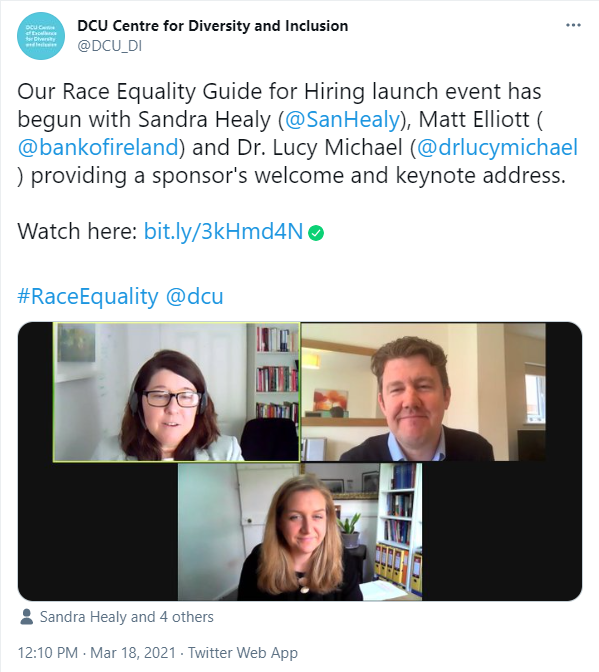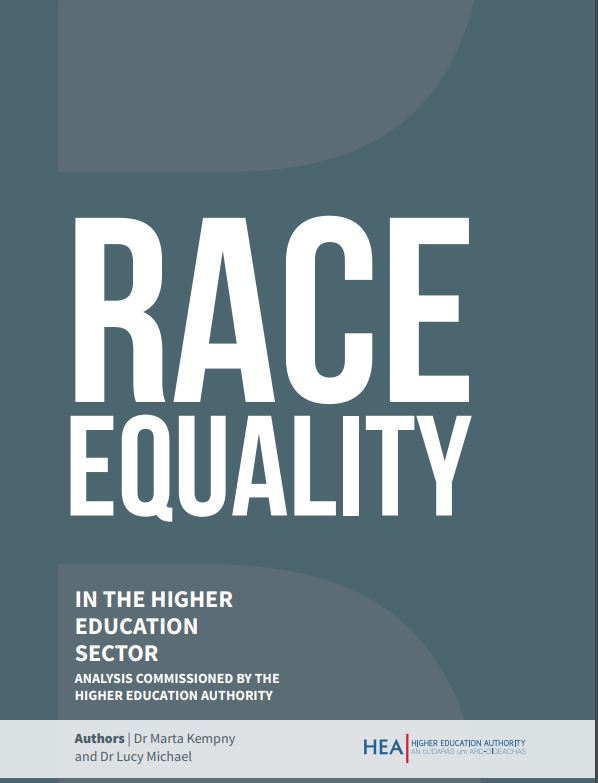
Published 18 October 2021 by the Higher Education Authority (HEA)
The Higher Education Authority (HEA) today published its new report Race Equality in the Higher Education Sector, authored by Dr Marta Kempny and Dr Lucy Michael. This report captures, for the first time, quantitative and qualitative data on the race and ethnicity of higher education staff as well as their experiences at work.
The report is based on a survey taken by over 3000 staff in higher education institutions across Ireland during December and January. The aim of the survey was to capture the lived experience of HEI staff in relation to race equality. Participants described their experiences of reporting abuse, stereotyping, and at times, the lack of recognition for their work.
Key findings include:
- More than one-third (35%) of minority ethnic third-level education staff say they have been subjected to racial or ethnic discrimination on campus.
- Less than half of minority ethnic staff are on full-time contracts, compared to 38% of white Irish and 25% white other not on full time contracts.
- Just over 17% of minority ethnic staff earn over €75,000, compared to 38% of white Irish and 25% of white other
- Some 71% said they feel they are treated equally by their colleagues, irrespective of their background
- 69% said they are treated equally by students, irrespective of their background
- Few white staff have reported experiencing racial or ethnic discrimination, but all groups reported witnessing racial or ethnic discrimination against minority ethnic staff
- More than half of respondents (52%) said they had never seen or heard the use of racist language on campus or online, while 27% said they rarely have seen such instances. However, staff across all ethnic groups described witnessing racial or ethnic discrimination against ethnic minority staff.
Recommendations are made in 8 key areas:
- Leadership
- Supporting Diversity in Staffing
- Making Race/Equality Policies Transparent
- Reporting Mechanisms
- Awareness and Training
- Fostering Diversity in HEIs
- Supporting Diversity in Student Recruitment
- Data Collection
The findings are potentially significant for colleges on a financial basis, given that future research funding for colleges will be influenced by progress on equality. In particular it will help us to understand and address the institutional policies, processes and practices which embed and reproduce inequalities between staff of different backgrounds.
In this way the HEA report is also an important educational resource in highlighting the fact that racism is not just about overtly racist actions, such as racial harassment and hate crime, which unfortunately are still a problem in our society.
Dr Ross Woods, the Senior Manager of the HEA Centre of Excellence for Equality, Diversity and inclusion, said: “Now that we have an evidence base, the HEA can work with institutions to prevent rather than react to problems in this area and to keep pace with wider demographic changes in Irish society.”
The full report is available at: https://hea.ie/2021/10/18/first-ever-race-equality-survey-shows-opportunities-exist-for-higher-education-institutions-to-lead-on-tackling-discrimination/
Dr Lucy Michael, report co-author, appeared on RTE Morning Ireland to launch the report. You can listen back at:
“Is racial discrimination a problem in our third level institutions?”, RTE Radio 1. Available at: https://www.rte.ie/radio/radio1/clips/22018627/
The report also featured on the front pages of the Irish Times, Irish Independent and Examiner. If you’ve missed the publications around the HEA Report and the responses to it, you can find some of the major headlines below:
- “Ethnic minorities in higher education more likely to be on lower pay”, The Irish Times. Available at: https://www.irishtimes.com/news/education/ethnic-minorities-in-higher-education-more-likely-to-be-on-lower-pay-1.4703011
- “Minority ethnic university staff struggle with racial stereotyping and lack of recognition for work”, Irish Examiner. Available at: https://www.irishexaminer.com/news/arid-40723287.html
- “Third of minority ethnic university staff subjected to racial discrimination on campus”, Irish Examiner. Available at: https://www.irishexaminer.com/news/arid-40723338.html
- “Ethnic minority staff face discrimination on campus”, RTE. Available at: https://www.rte.ie/news/2021/1018/1254321-race-equality-third-level/
The Irish Universities Association has welcomed the publication of the report.
“IUA welcomes publication of HEA Report on Race Equality in Higher Education as universities roll out ‘Let’s Talk About Race in the Higher Education Sector’”, Irish Universities Association. Available at: https://www.iua.ie/press-releases/18-10-21-iua-welcomes-publication-of-hea-report-on-race-equality-in-higher-education-as-universities-roll-out-lets-talk-about-race-in-the-higher-education-sector/
